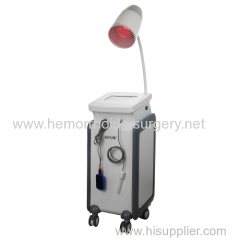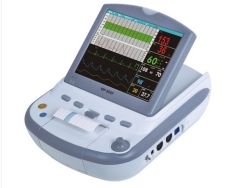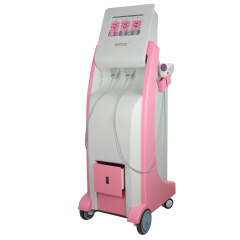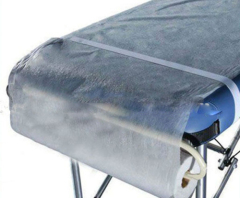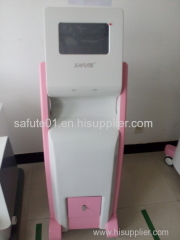
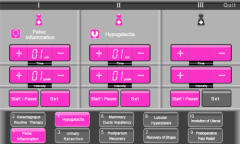
Postpartum therapy device Price
| Min. Order: | 1 Piece/Pieces |
|---|---|
| Trade Term: | FOB,CFR,CIF |
| Payment Terms: | Paypal, L/C, T/T, WU |
| Supply Ability: | 50 sets per month |
| Place of Origin: | Henan |
Company Profile
| Location: | Zhengzhou, Henan, China (Mainland) |
|---|---|
| Business Type: | Manufacturer, Trading Company |
| Main Products: | Postpartum Treating Device, Low Frequency Nerve And Muscle Stimulator |
Product Detail
| Means of Transport: | Ocean, Air, Land |
|---|---|
| Brand Name: | SAFUTE |
| Material: | ABS plastic |
| Color: | Pink |
| Luxury touch screen: | 10.4″big size pink LCD touch screen |
| Chanel: | 3 |
| Voltage: | AC220,50HZ |
| Power: | ≤ 35VA |
| Frequency: | 833 Hz ±15% |
| Pulse output amplitude: | 32 grade, Amplitude range : 0~70VP-P±10% |
| Each wire length: | ≥1.5m |
| Treatment time: | 0~90 minutes. Increase or decrease 5 minutes each time |
| Production Capacity: | 50 sets per month |
| Packing: | strong wood carton with polyfoam inside |
| Delivery Date: | 7-30days |
Product Description
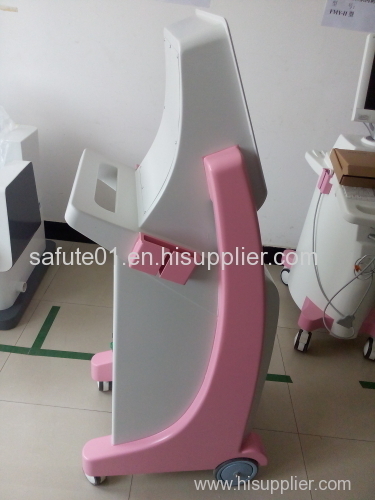


Typical hyperplasia forms when breast cells become abnormal in number, size, shape, growth pattern and appearance. The appearance of the abnormal cells determines the type of atypical hyperplasia:
Atypical ductal hyperplasia causes abnormal cells that appear similar to the cells of the breast ducts.
Atypical lobular hyperplasia causes abnormal cells that appear similar to the cells of the breast lobules.
Hyperplasia. The process begins when normal cell development and growth become disrupted, causing an overproduction of normal-looking cells (hyperplasia).
Atypical hyperplasia. The excess cells stack upon one another and begin to take on an abnormal appearance. At this point, the cells have some, but not all, of the changes needed to become cancer.
Noninvasive (in situ) cancer. The abnormal cells continue to progress in appearance and multiply, evolving into in situ cancer, in which cancer cells remain confined to the area where they start growing.
Invasive cancer. Left untreated, the cancer cells may eventually become invasive cancer, invading surrounding tissue, blood vessels or lymph channels.
Atypical hyperplasia is thought to be part of the complex transition of cells that may evolve into breast cancer. The progression to breast cancer typically involves:
we are seeking global co-operation agents for our products.


